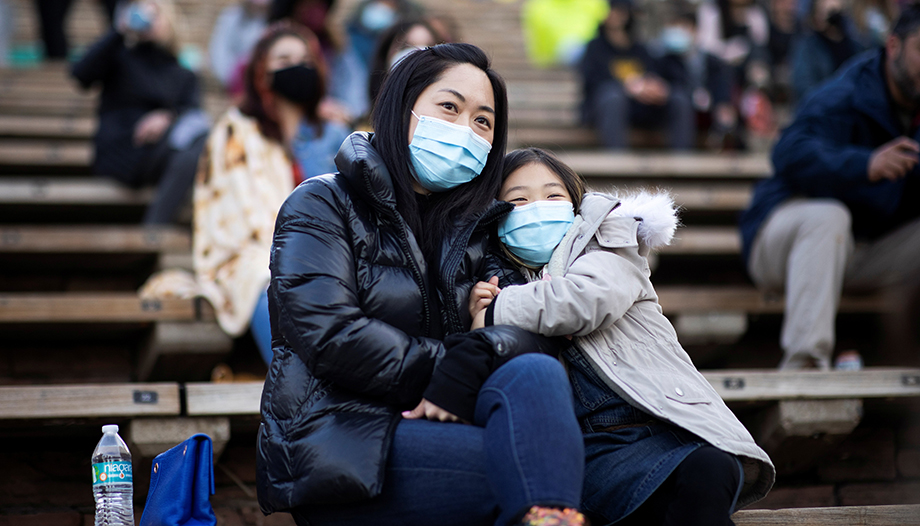The bishops' concern in the U.S. has been heightened by a recent Gallup poll that showed that the percentage of Catholics who say they are members of the Church has fallen from 76% to 58% over the past 20 years, double the percentage drop for Protestants.
And even before the pandemic, a 2019 survey by the Pew Research Center suggested that as many as 70% of American Catholics believe that the bread and wine used for Communion are "symbols of the body and blood of Jesus Christ," contrary to Church teaching.
It's not all bleak. The Vatican's Statistical Yearbook of the Catholic Church says that in 2019 the United States was fourth in baptized Catholics, including children under the age of seven, and tied for the lead in priestly ordinations, along with India. Cross-sectional studies show a decline in sacramental marriages and baptisms, and there is no doubt that the Catholic Church in the United States faces growing challenges as it struggles to maintain a large infrastructure of parishes, schools and hospitals.
According to the Gallup poll, church membership of any kind in the U.S. has declined dramatically over the past 20 years, an unprecedented drop below 50% for the first time and extending across all demographic groups. At the same time, the number of "nones" - those with no religious affiliation - is growing, with nearly one-third of those under 35 in this category. This suggests that there are broader cultural forces affecting all religious groups.
The Church's response is the subject of much debate. Although the bishops struggle with their own divisions, they seem to be united in their desire to focus greater attention on the Eucharist as a necessary starting point. The auxiliary bishop of Los Angeles, Robert Barron, has been encouraging a Eucharistic renaissance and a greater evangelization effort.
Barron, who called the results of the Pew Survey a "a massive failure on the part of Catholic educators and catechists, preachers and teachers", has also expressed concern about the ideological divisions that divide the American Church. The difficult challenge facing U.S. Church leaders as they attempt to chart a post-pandemic future is to find a way to renew the Church internally and engage with an increasingly secular and diverse public culture.
One point of encouragement: The U.S. Church is not alone. Pope Francis and many Church leaders in developed countries are also trying to address what the Pope calls this "change of era".








